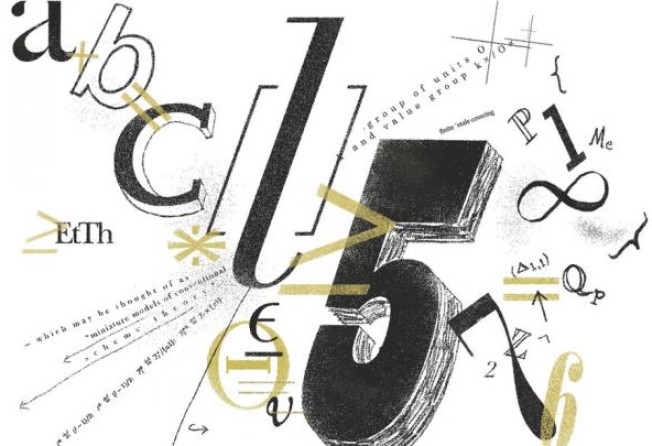Mathematician claims to have proved the 'abc conjecture'
Shinichi Michizuki claims to have proved the famous hypothesis; his peers say he may have arrived at a 'grand unified theory of numbers'

This summer, the international mathematical community was abuzz with rumours that a proof of the famous "abc conjecture", a key problem in number theory, had been found.
Then, early this month, and without fanfare, Shinichi Mochizuki, a widely respected mathematician at Kyoto University, posted four papers totalling 500 pages on his website claiming to have proved it. If his proof is valid, it would be an achievement on a par with the proofs of Fermat's last theorem by the Briton Andrew Wiles in 1995 and the Russian Grigory Perelman's Poincaré conjecture, in 2003. So, what's all the fuss? For laypeople, the first step of the conjecture may seem absurdly simple: a + b = c, or as an example, 1 + 2 = 3.